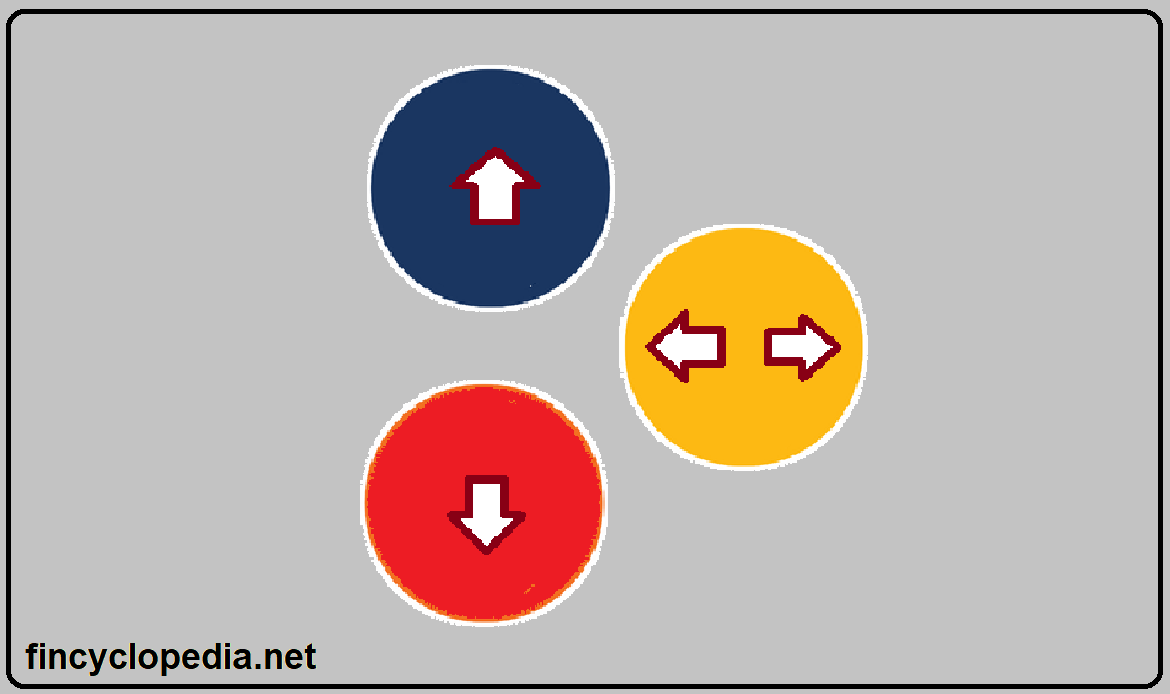Joint operation is a joint arrangement that confers on the parties (known as joint operators) enjoying joint control (as to the arrangement) specific rights to the assets and places on such parties specific obligations for the liabilities that correspond to this particular arrangement.
On the other hand, joint venture is a type of joint arrangement in which the parties (i.e., joint venturers) in possession of joint control (of the underlying arrangement) have rights only to the net assets of the underlying arrangement.
Joint operations differ from joint ventures in that the latter entail rights to the net assets of an arrangement, not the entire balance sheet of an operation. In other words, exposure, as a joint venture, is limited to the net assets, while for joint operations, it involves all relevant items on the statement of financial position (both asset and liability sides). Where the parties to an arrangement have only an interest to the net assets, then the arrangement will be classified as a joint venture and is treated under equity method accounting.
Joint ventures are structured through a separate vehicle that establishes legal separation between the joint venturer(s) and the assets and liabilities in the vehicle.
In a joint operation, each party (i.e., a “joint operator”) recognizes its respective share of the assets, liabilities, revenues and expenses of the joint arrangement. The share is determined based on the rights and obligations of each party as defined in the contract. Accordingly, accounting by a joint operator is carried out on each financial statement element under and according to its own respective accounting requirements (but not through a general method).







